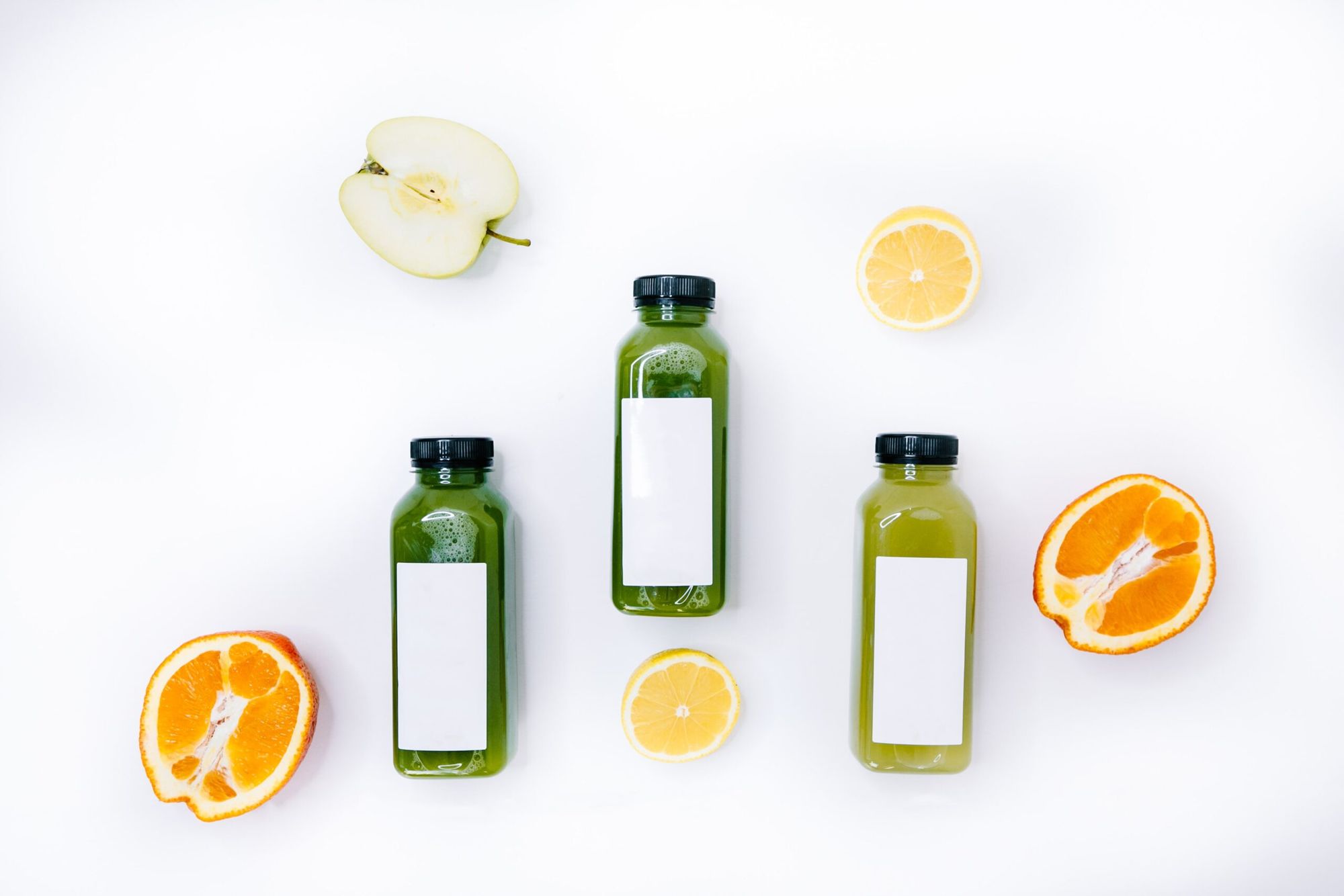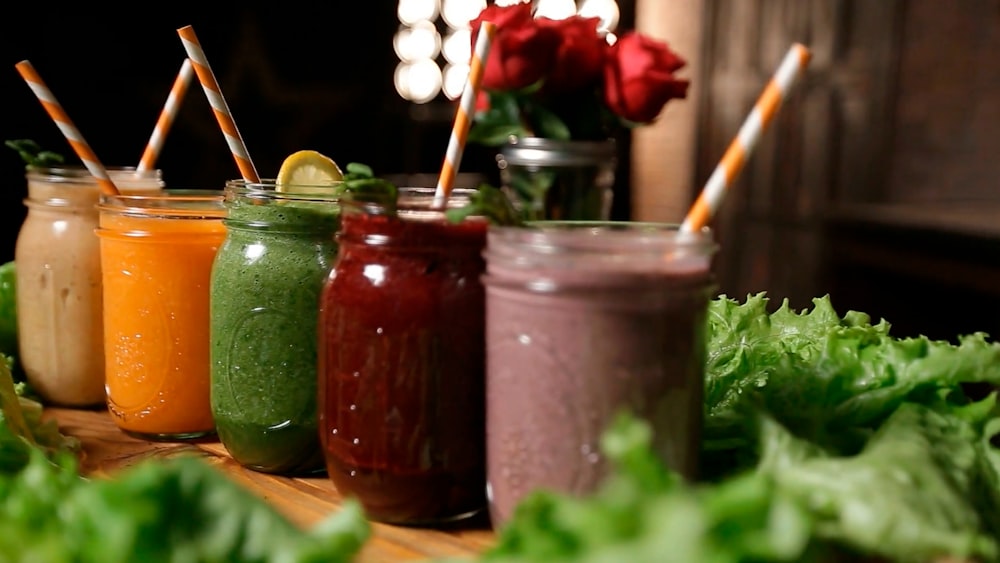
There are many reasons why people seek alternatives to coffee. Perhaps you don’t like the side effects coffee has on you, such as the nervousness, jitters, or the crash. It’s also possible you find the effects of coffee to be too stimulating. Perhaps you simply don’t like the taste of coffee, or you’re trying to limit caffeine or wean yourself off coffee. There are some health risks to consuming too much caffeine, so many people seek out alternatives to coffee that have a lower caffeine count. Whatever your reason is for wanting to find alternatives to coffee, this list is for you. Below, we’ll review some of the best alternatives to coffee out there.
1. EnergyFizz Sticks from Arbonne
Get the natural boost you need to make it through the day with Arbonne’s EnergyFizz sticks. These packets can be easily mixed with water and enjoyed as a morning pick-me-up. This natural, vegan, low-calorie, effervescent dietary supplement is one of the best alternatives to coffee out there.
One packet of EnergyFizz contains 50 mg of caffeine derived from botanical sources. This is about one third of the caffeine in a standard mug full of coffee, but it could offer you a similar energy boost.
EnergyFizz Sticks are meant to help increase energy levels while temporarily relieving fatigue, promoting alertness and enhancing cognitive performance. The vegan blend of Ginseng Root, antioxidant Coenzyme Q10, Chromium and B vitamins (including Riboflavin and Niacin) is joined by naturally-derived Caffeine from Guarana and Green Tea. It’s because of these healthy ingredients that people not only feel more awake after drinking this, but they also feel more mentally sharp.
Arbonne’s EnergyFizz Sticks are formulated without gluten, and they’re available in fun flavors such as strawberry, pineapple, citrus and pomegranate.

2. Cold-Pressed Juice
Many people are surprised to learn that cold-pressed juice is one of the most effective alternatives to coffee out there. This is because since cold-pressed juice often contains pounds of fruits and vegetables in one bottle, it can provide a natural energy boost similar to a cup of coffee. Although you might not get quite the same stimulating effects as coffee, a cold-pressed green juice can still boost your energy levels, as plant-based sources of energy are very effective. Furthermore, cold-pressed juice can improve cognitive function, mental clarity, and productivity.
3. Green Tea
The reason why green tea is one of the best alternatives to coffee is because of the many health benefits of drinking green tea. Not only does green tea contain some caffeine and act as a great morning pick-me-up, but it also contains many other health benefits. For example, drinking green tea can boost your metabolism, help you lose weight, and provides you with antioxidants. Green tea also fights against inflammation and fights off oral bacteria.
An 8oz cup of green tea contains approximately 28mg of caffeine. If that’s not quite enough for you, consider having a second cup of tea.
4. Yerba Mate
Many convenience stores and grocery stores sell cans of Yerba Mate, an energy drink that is healthier for you than red bull. Yerba Mate is one of the top alternatives to coffee available because it’s made with a naturally caffeinated herbal tea. Yerba Mate contains antioxidants. It also contains several vitamins and minerals, including phosphorus, riboflavin, thiamine, phosphorus, calcium, and vitamins C and E
There are a few different flavors and types of Yerba Mate available, and some have a lot of sugar, so be mindful of that. Certain kinds have much less sugar.
The flavor is refreshing and not too overpowering. The grapefruit flavor of Yerba Mate is quite light and refreshing.
Depending on the type of Yerba Mate you buy, one can of Yerba Mate will contain 80 – 150mg of caffeine. This is only a little less caffeine than your average mug of coffee.

5. Black Tea
Black tea should give you the energy boost you need in the morning, and it also has many health benefits. Some of the benefits of drinking black tea regularly include reduced blood pressure, potentially lower blood sugar levels, antioxidants, and improved gut health.
Steeping black tea for a few extra minutes can increase the caffeine count. Depending on the type of black tea you’re drinking, one cup of black tea will contain 50 – 110mg of caffeine.
6. Matcha Powder
Matcha is a powdered form of green tea with a very unique and delicious taste. Matcha powder can be mixed with hot water, hot milk, or blended into a smoothie in the morning.
Most people find that matcha gives them a calmer alertness than coffee. The average serving of matcha has about 25mg versus a typical 150mg cup of coffee. There are no drastic spikes in your energy levels or energy crashes. After drinking matcha, you’ll feel uplifted, but not jittery. As an added bonus, matcha is a great source of antioxidants.
Find Out The Optimal Diet For You Based On Your DNA
What’s written in your DNA can tell you a lot about the diet that suits you best, and what you should (or should not) be eating. Take a CircleDNA test and read your genetic diet and nutrition reports, which will help you tweak your diet to suit your genetic makeup.

Comments are closed.